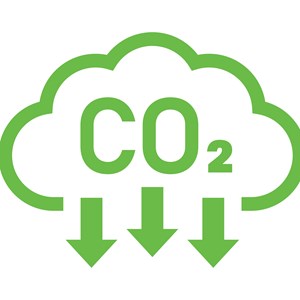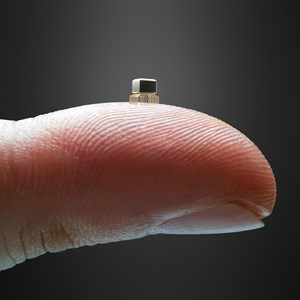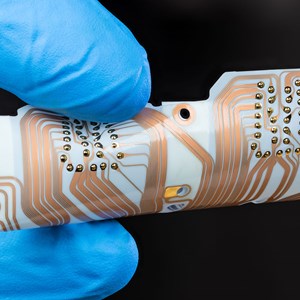NEWS

The CEN Workshop on was kicked off on 29th July 2025. The Workshop’s registered participants have agreed on the drafts of three CWAs.

A new CEN Workshop is being planned which will complement the activities of the EU project 'NANOBLOC'. This project provides a platform for nanocoatings which enables a new generation of antimicrobial and antiviral products to be developed to protect the health of citizens.

The CEN Workshop on was kicked off on 10th February 2025. The Workshop’s registered participants have agreed on the first draft of the CWA.

A new CEN Workshop is being established entitled “Ultrasound-assisted production of lignin nanoparticles”. This Workshop arises from the Horizon 2020 BIOMAC project (European Sustainable BIO-based nanoMAterials Community). The project seeks to establish an Open Innovation Test Bed (IOTB), a true collaborative ecosystem where technologies and solutions utilising nano-enabled bio-based materials (NBMs) will be upscaled and prepared for market applications.

The CEN Workshop on ‘Testing and evaluating the performance of devices for electrocatalytic reduction of CO2 to CO’ was kicked off on 20 July 2023. The Workshop’s registered participants have agreed on the final draft of the CWA.

The application of (photo)electrocatalytical technologies for the reduction of CO2 to CO holds immense relevance for our current and future society with regard to sustainable methods to mitigate CO2 levels in the atmosphere and to reduce the dependence on fossil feedstocks. Electrocatalysis offers a promising solution by using renewable energy sources, such as solar or wind, to drive the electrochemical conversion of CO2 into CO. This process not only helps in the utilization of CO2 as a valuable feedstock but also offers a viable pathway towards carbon neutrality.

The chemical sector is a pillar of the EU economy. According to the European Commission, it accounts for 7,5% of the EU manufacturing turnover, provides 1,2 million direct highly skilled jobs, and its sales amount to €565 billion (2018). As recently stated by Kerstin Jorna, Director General at DG GROW, the chemical industry is at "the beginning of everything", meaning that it is key to many other sectors for manufacturing their products.

This CEN Workshop Agreement specifies an operational process for biogas bioconversion into ectoine, the extraction of the ectoine from the resulting solution and its purification.

This document describes and specifies the requirements of a simplified Sustainability Nanomanufacturing Framework (SNF) for sustainability management in Nanomanufacturing Pilot Lines (NPLs), appropriate to their size, management capabilities and sustainability priorities.

In-Mould Electronics (IME), also known as plastronics, is used to enhance the device integration process, increasing resistance to humidity and wear and tear, and adding custom-made connectors. IME will also serve as a manufacturing process for the advanced materials with better conductive and resistant properties proposed in the project.